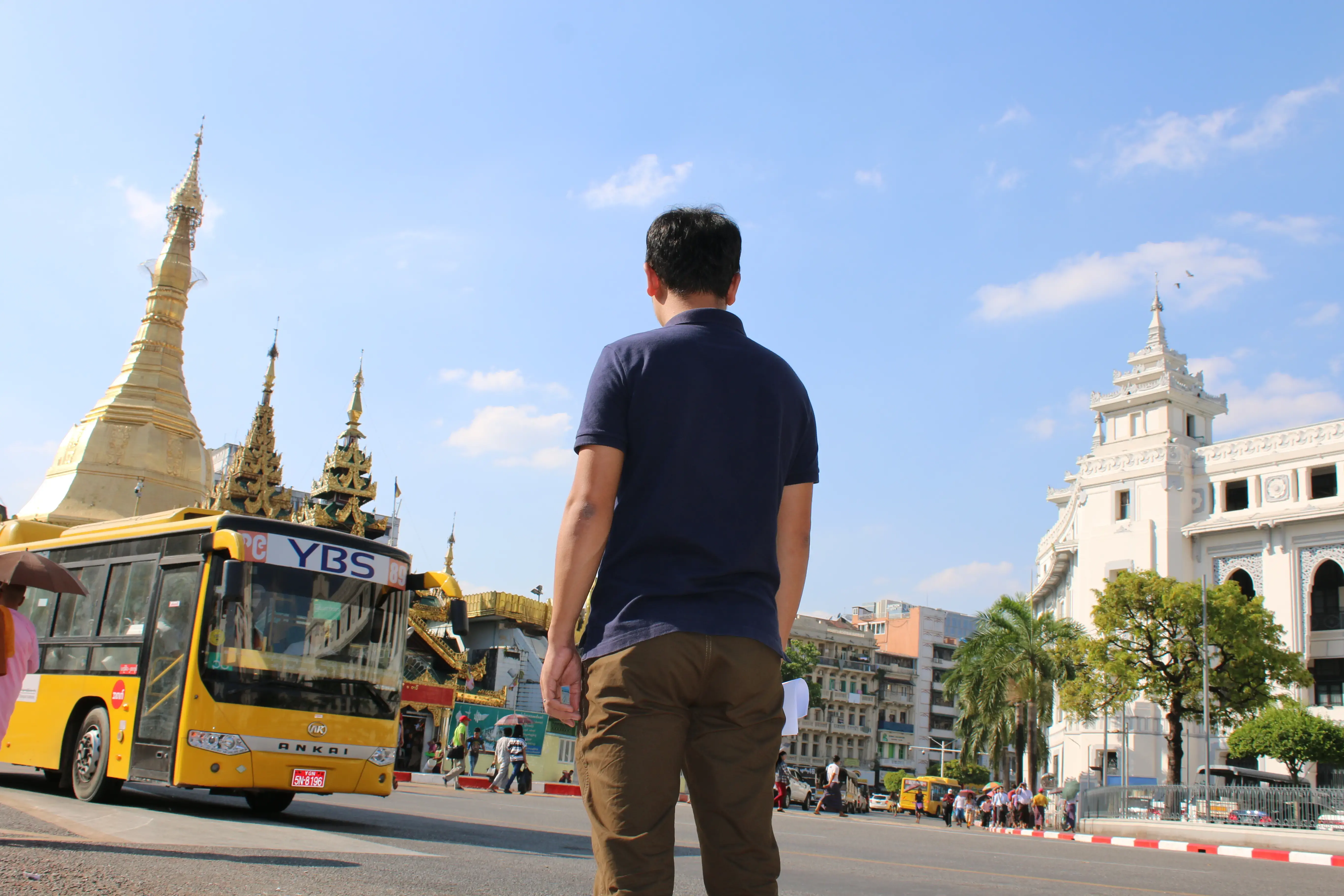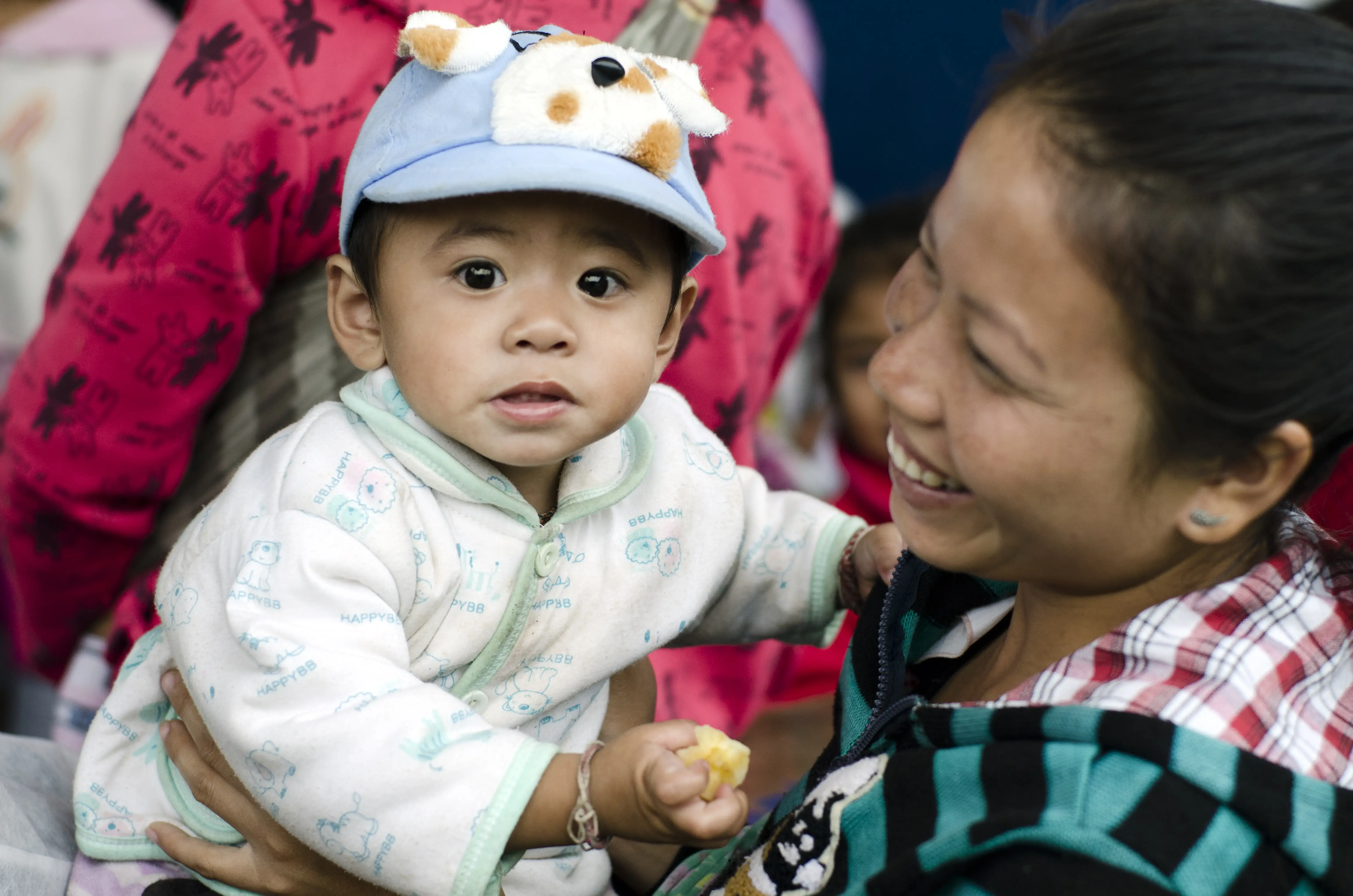Phnom Penh – Relationship guru Neang Sovathana – widely known as DJ Nana – guides youth through the trials and triumphs of young love, sex and relationships live on national radio.
Her hit weekly ‘Lovely Night’ show has helped hundreds of young people find safe, healthy answers to intimate questions about their sexuality, gender identities and love interests for over five years.
Yet sometimes callers raise more disturbing issues - like abuse, violence or rape.
“I remember one time during a call-in, a girl told me her neighbour had raped her,” says Sovathana, who has referred a number of callers on to the police, social services or lawyers.
“I was tense, but ready to give her advice on how to get help. I had all the legal contacts on hand,” she says.
“It was clearly a rape case, but the girl didn’t see it as the man’s fault,” Sovathana explains. “She felt worthless, and was doing everything she could to make the guy stay with her. I felt for her, and tried to make her see sense, as well as encouraging to her to get tested for HIV, other sexually transmitted diseases and in case she was pregnant.”
Thirty-five per cent of Cambodia’s fifteen and half million people are below the age of 18, yet young people talking openly about love and sex is often frowned upon.
Many young people, especially in remote areas and among ethnic and sexual minorities, face barriers to accessing the sexual and reproductive health care and advice they need to avoid HIV, other sexually transmitted infections and unwanted pregnancies.
Champions
The Cambodia Youth Champion Awards Initiative, launched by the United Nations Population Fund (UNFPA) in December 2015, supports and empowers leaders like DJ Nana that work to boost young peoples sexual and reproductive health and rights, gender equality and to help them take action against gender-based violence.
Winners include prominent youth and LGBTI activists, media personalities and renowned health experts that have helped boost youth health and rights.
For her life changing work for youth, Sovathana became the latest to win the award at a debate to mark International Youth Day 2016 that was organized by UNFPA and the Khmer Times.
Professor Tung Rathavy, Director of Cambodia’s National Maternal and Child Health Centre, also received an award for her work to ensure sexual and reproductive health services are especially tailored to young people’s needs, and that the ‘youth friendly’ services were fully included in Cambodia’s latest national sexual and reproductive health strategy.
“After all these years, when a young mother delivers a baby at my centre, my heart still beats extra fast, and I only feel at ease again when the mother and newborn are finally safe,” says Rathavy, whilst receiving the award.
Changing attitudes, changing lives
Comprehensive sexuality education, a rights based course to help teenagers make informed decisions about their sexuality, health and life choices, goes hand in hand with the youth friendly sexual and reproductive health services and media outreach to young people. Cambodia's government recently included the course in the national high-school curriculum, and with UNFPA support, is rolling it out across the country.
Dr. Marc Derveeuw, UNFPA’s Representative in Cambodia, says the course should help improve young people’s life skills and encourage them to behave responsibly and talk openly about sex, relationships and becoming adults. Yet poverty, migration and outdated attitudes pose significant threats to the programme.
“Many young people are leaving school and moving to the capital to find work, particularly in the garment sector,” says UNFPA’s Derveeuw. “Right now, over six hundred thousand young girls are employed in this industry, and as they strike up relationships the teenage fertility rate is rising. Between 2010 and 2014, teenage pregnancies rose from 8 per cent to 12 per cent of all pregnancies in the country.”
“For our part we’re working with these girls, and other vulnerable young people across the country, to ensure they are fully aware of the risks of unwanted pregnancy, sexually transmitted infections, including HIV/AIDS, and that they are fully aware of their inalienable rights - to make their own decisions about their own bodies,” Derveeuw adds.
Kim Sanh, an Advisor to the Ministry of Education Youth and Sport and panellist at the youth day debate, works, like DJ Nana, to challenge the traditional attitudes that hinder progress.
“It’s a common myth that comprehensive sexuality education encourages young people to have sex. Instead, it’s actually what keeps young people informed and protects them,” he says. “For example, one of the lessons teaches young people that they have the right to delay, negotiate and of course to say no if they’re asked to engage in sexual activities that they’re not ready for. You see, it’s not about convincing people to have sex at all.”




